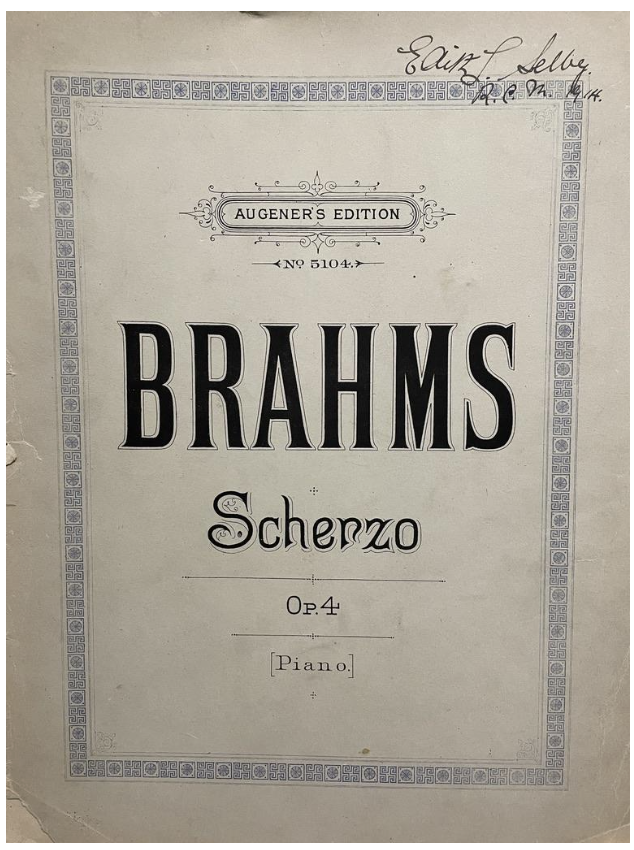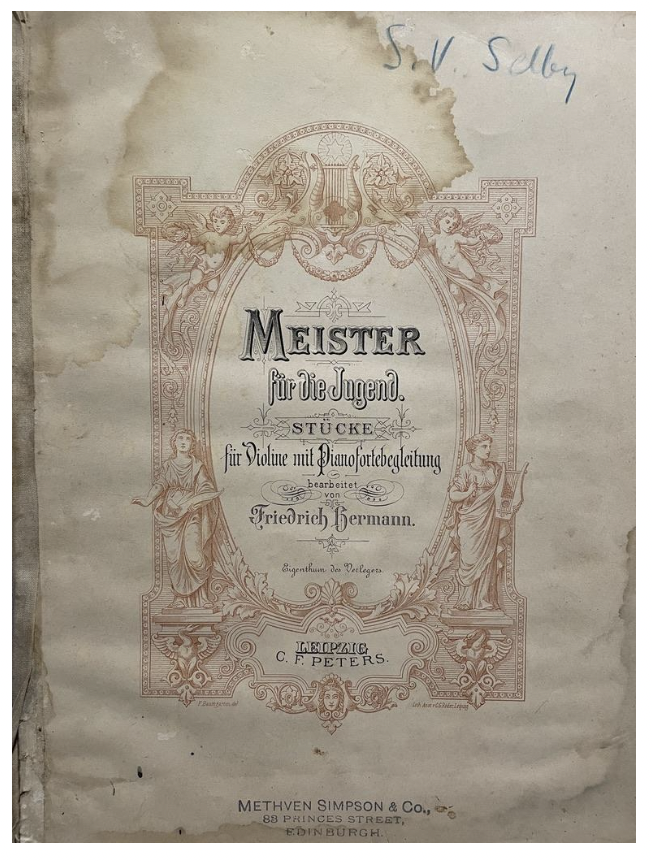Music Monday - Music Theatre Overload
/It’s a music theatre overload. Straight from Mac and Mabel at The Maj (WAAPA) to John Curtin for 42nd Street ( with a detour for fish and chips at The Groper and His Wife!)
42nd Street is amazing.
Yes there were some sloppy mike cues. And a bit of fluffiness first night nerves. But truly amazing. Not just the usual disclaimer that they’re just school kids. The actors danced their taps off. They sang with attack and gusto. A complete package. The orchestra was fierce (sometimes a bit too so!). And tunefully on point for style and oomph.
Yes, there are some severely overworked males filling too many roles. Take nothing away from them. But the drought of boys and flood of girl talent needs attention. But when you think where the music theatre program has travelled to get to this point it’s a theatre mystery. To quote the classics.
And by contrast with this arvo, I could understand every word (when the mike cues worked!). Why do you think that is?
Some talented younger performers too. Year 10. Great tapping – amazing tapping. Staging.
Increasingly we see more use of projections. Jury is out still about the effectiveness of their use. Challenging to get right. But as I noted to Liz, the whole MTI packaging of music theatre productions for schools is phenomenal (https://www.mtishows.com/production-resources). It’s not just that they have a range of productions available (Senior and Junior versions), it’s the breadth of the resources: not just music and recordings but also choreography. The scripts are well produced and informative for students. There’s a range of resources. Talking of projections there are also packages of them for shows that can be licensed (https://www.mtishows.com/marketplace/resource/performance/scenic-projectionstm). Of course, you also need the equipment to project them – and the sophistication of this virtual scenography is increasing.
The WAAPA production of Mac and Mabel was also highly entertaining. And used lots of projections. Those students are also amazing. But I do have a couple of questions unanswered.
There’s good reason why some music theatre shows are revived often and have enduring popularity (though that can change over time!).
But there’s also shows that fade away.
Mac and Mabel is Structurally problematic. Two Mack Sennets. And, my, how the 1927 Sennet grew 12 inches in the intervening years. Despite disparity of heights though they were well matched performances.
But, you know there’s a problem with the show when there’s a full five minutes of explanatory slideshow to address the gaps in the audience’s understanding of the people in the story.
The person beside me asked before the overture if this was about the Mabel from the wireless days (Mabel was a character in Dad and Dave from Snake Gully an Australian radio drama series 1937 – 1953).
For me, it was minute 37 before there was a popularly recognisable tune.
And issues of clarity with spoken lines from leading lady - not from singing. Go figure!
Makes you wonder why this show was the Big Ticket WAAPA showcase in The Maj. Something to offer in terms of challenge and learning for students but why this rather forgettable piece which would fit more easily into another slot in the WAAPA calendar.
As I said, though, a music theatre overload for one day and I haven’t even talked about seeing the Black Swan production of Once at the Regal.












